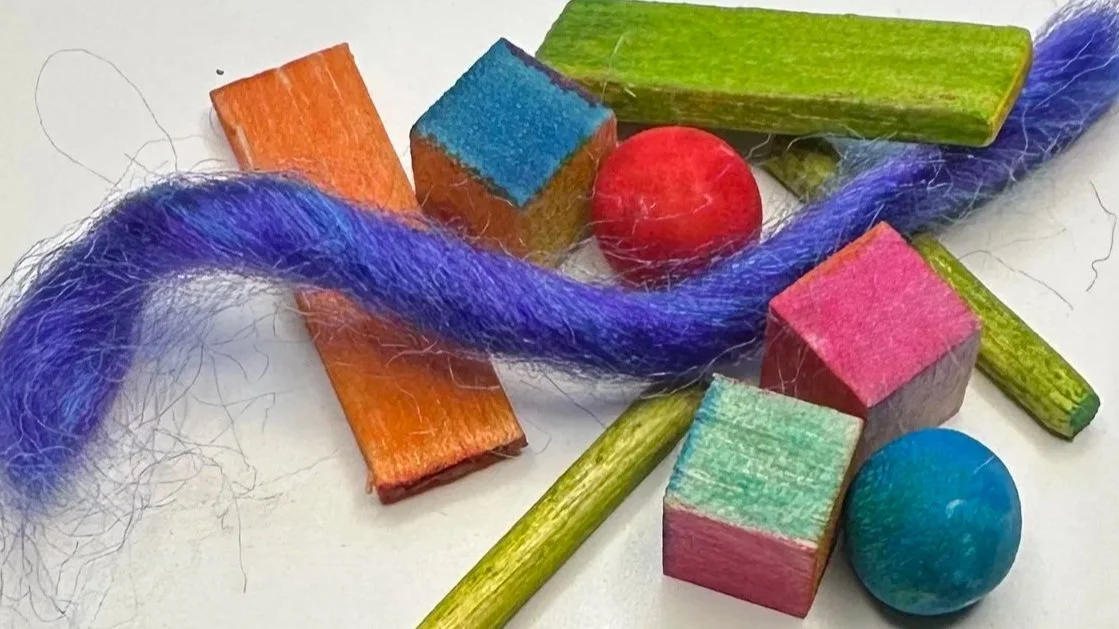
PLAY
WHAT IS PLAY?
PLAY-oxford dictionary: (v) engage in activity for enjoyment and recreation rather than a serious or practical purpose.
(n) activity engaged in for enjoyment and recreation, especially by children.
(AI) Play means to engage in something fun or enjoyable. A person who plays is called a player. Real-life examples: Children play games during recess. Athletes play sports. Musicians play instruments.
These definitions reinforce what I’m talking about: it dismisses the importance of play for adults and relegates it to a kid’s activity or some heavily rule-bound activity like a sport or a specific game.
But play is SO much more than playing a sport. SOOOO MUCH more.
“Play is anything that is spontaneously done for it’s own sake, appears purposeless, leads to the next level of mastery, and produces purpose and joy””
According to AI, Play is often about the process itself, rather than a specific outcome. It’s about engaging in activities for the enjoyment of the activity, versus for the win or achieving a goal.”
Even Gabor Maté believes Play is essential for healthy brain development-even more so than intellectual input”
This mirrors my experience of being alive.
WHAT PLAY IS NOT.
ANY activity that does’t fulfill the above criteria. EVEN if someone tells you it’s “fun”! For adults. play has been largely reduced to sports, physical activity, including sex, and games. Board games, sports, puzzles, etc. And these activities absolutely can be play for a lot of adults. but they are not the ONLY things that can be play.Play can be as unique as the person, and it doesn’t have to be in a group. Some people love to read, and what they get out of it and how they feel while they are engaged in reason absolutely qualifies as play for them. But it might not always count as play….say you’re a college student who loves to read fiction books, but you are also required to read books on mandatory subjects. You want to get good grades so you read, but it might not be play for you at that time.
The key is to find out what your’e particular versions of play are, recognize where you already do them, and ways to rearrange your schedule and your life to do them more.
Why is Play so important?
Play is crucial. I mean after food safety and shelter, given the opportunity and health, play, as a core developmental tool in childhood, is also extraordinarily important in adults as well.
Play
lessens stress
supports mental health
improves our ability to relate to others
motivates us
gives us hope for the future
“The Opposite of Work is not Play, It’s Depression”